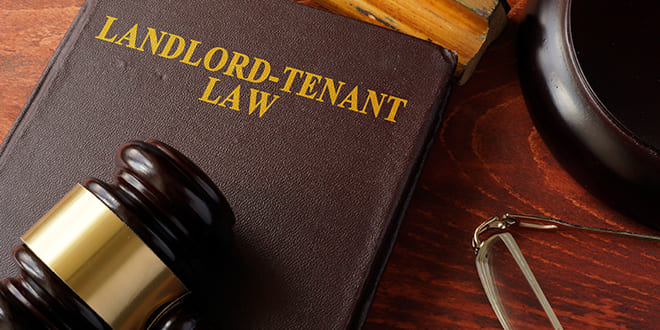Once the time stated in the notice to vacate has passed, a landlord can file a suit to evict. This suit should be filed in the justice court where the rental property is located.
Once the suit has been filed, the tenant must be served with papers at least 6 days before the trial. A sheriff or constable may serve the tenant with papers by delivering them to the tenant or to a member of the household who is 16 or older. If they have tried to deliver papers twice and are unsuccessful, a judge can allow the landlord to serve the tenant in another method. Other methods include slipping it through a mail slot, slipping it under the front door, or affixing it to the front door.
In justice court, the tenant is not required to file a written answer. They are allowed to do so if they disagree with the claims in the suit. If the tenant does not file an answer, the tenant will need to show up to the hearing or risk a default judgment against him/her and in favor of the landlord. The hearing will be set for no sooner than 10 days after the suit was filed and no later than 21 days.
A tenant has the right to request a jury for their hearing. This request must be made at least 3 days before the trial.
After the hearing, a judgment will be issued. If the court rules against the tenant, the tenant will have the opportunity to appeal before the tenant’s property is removed from the rental.

